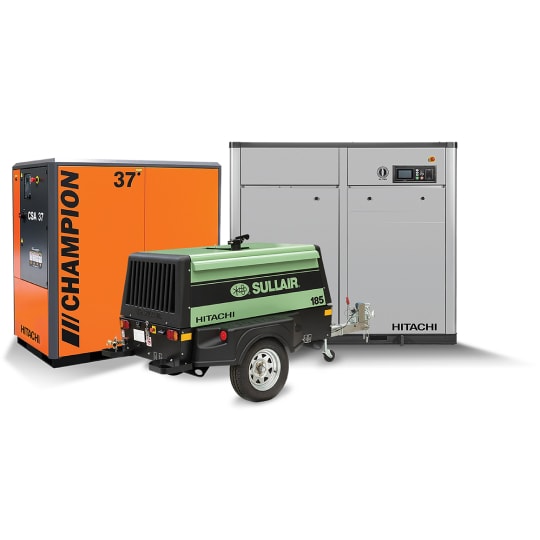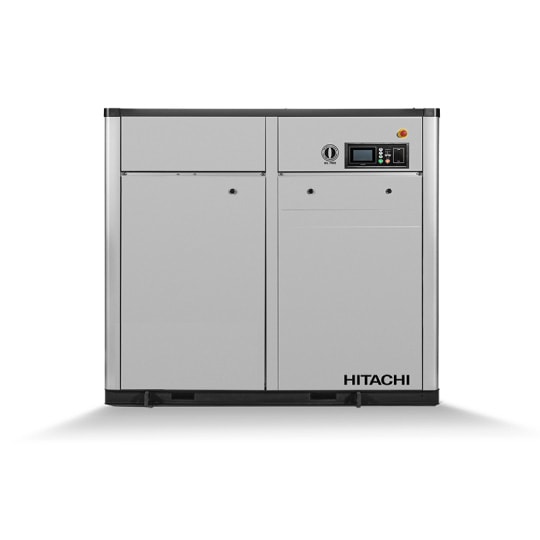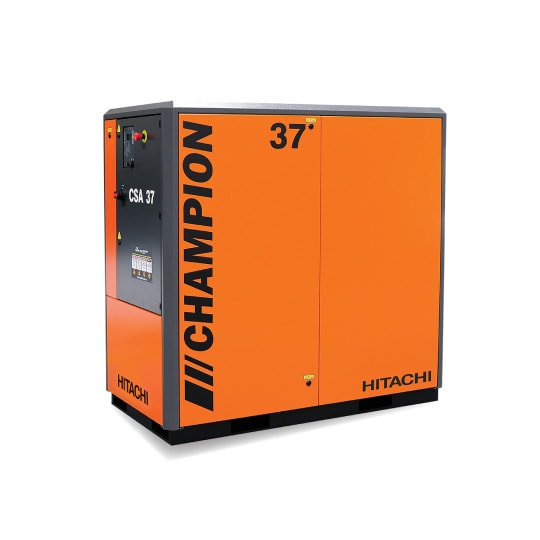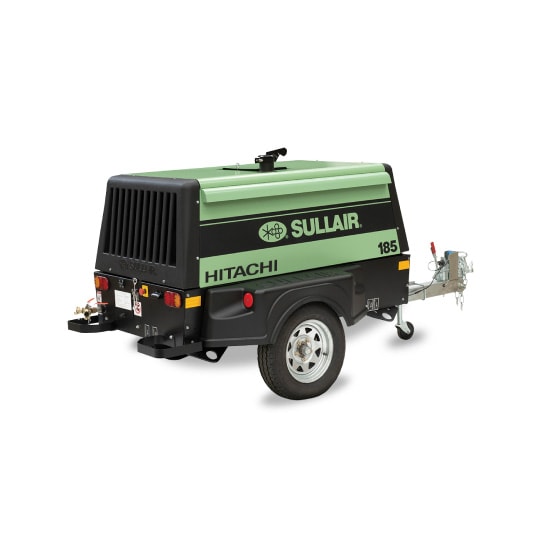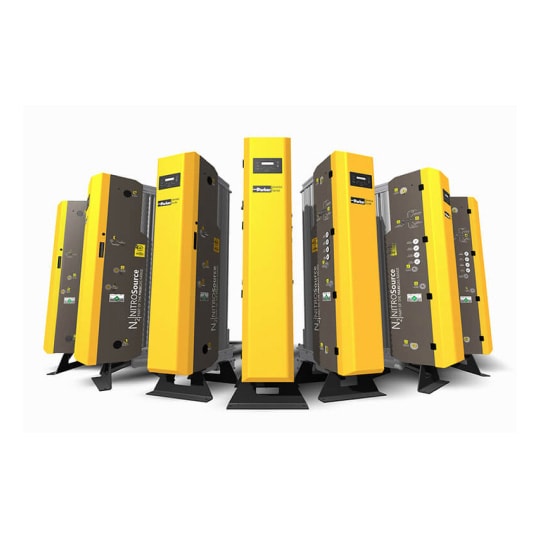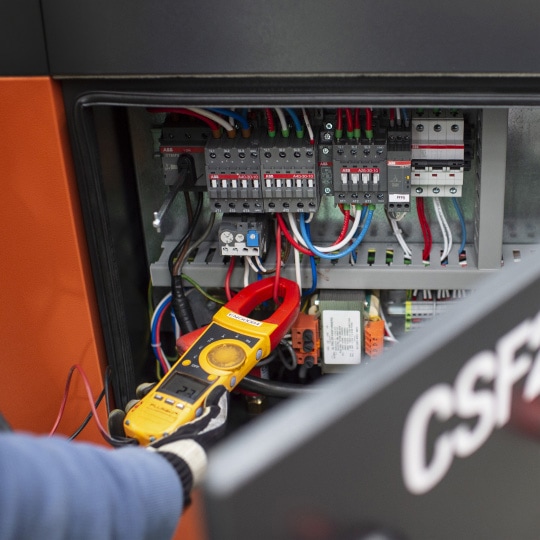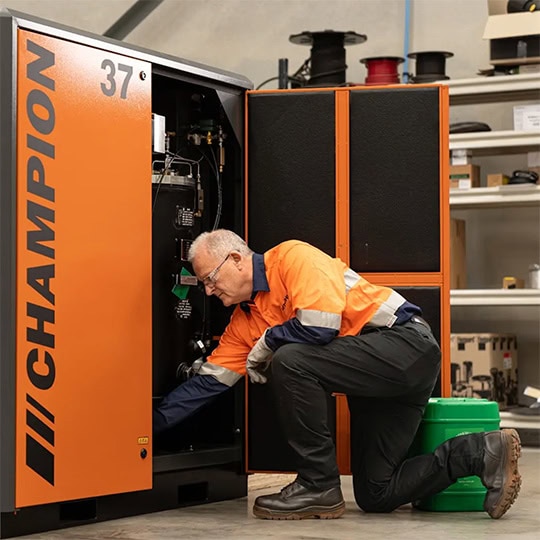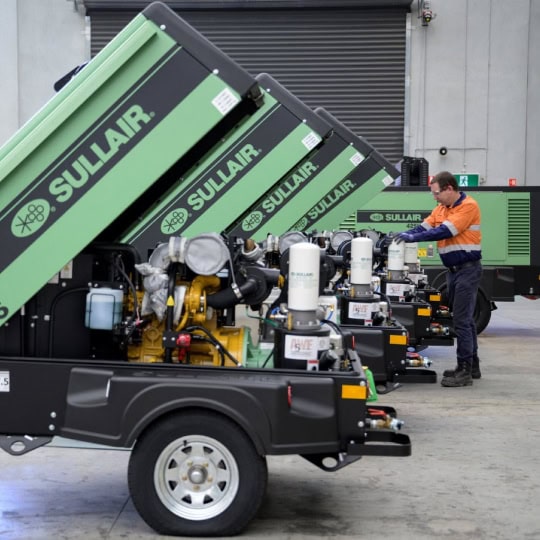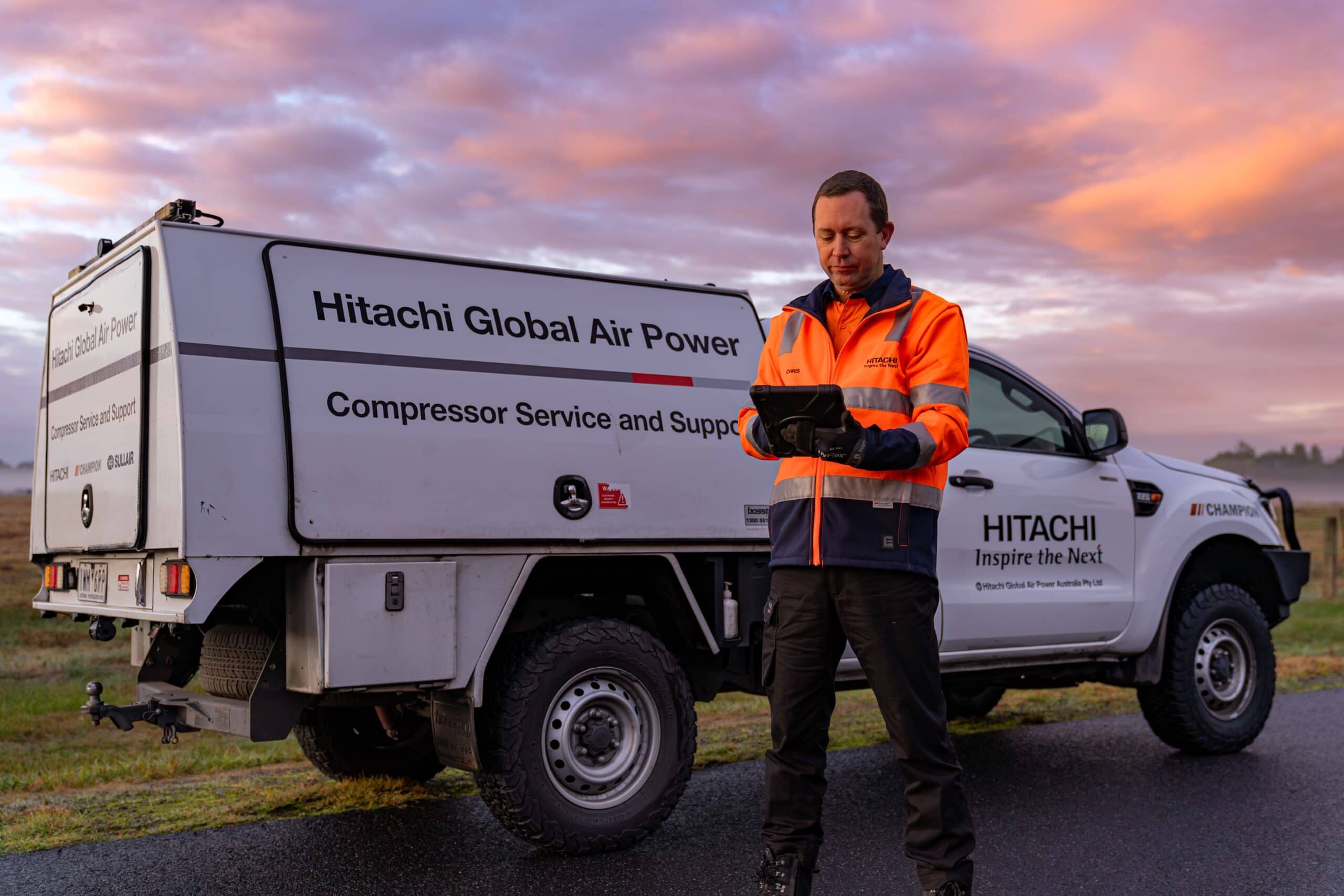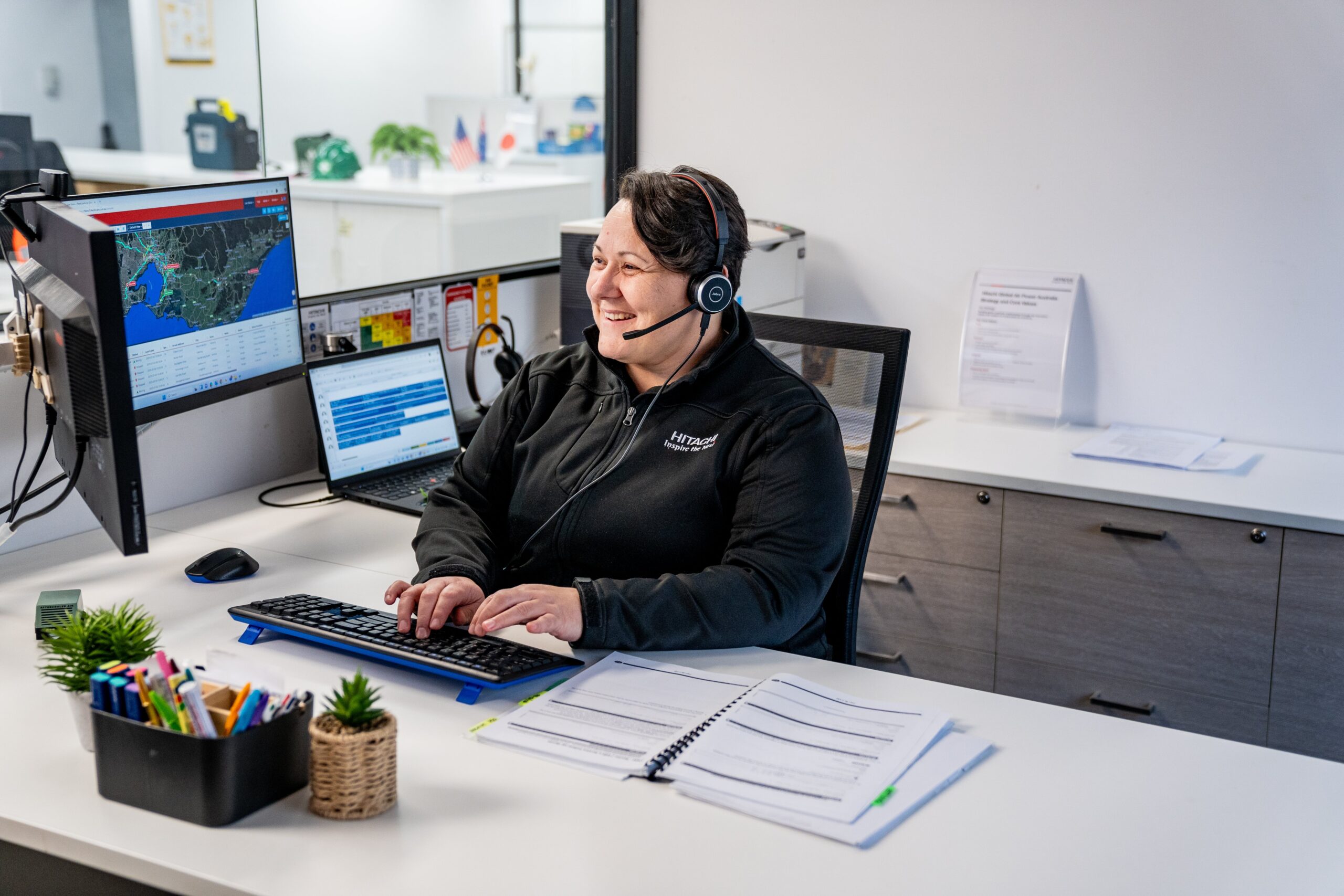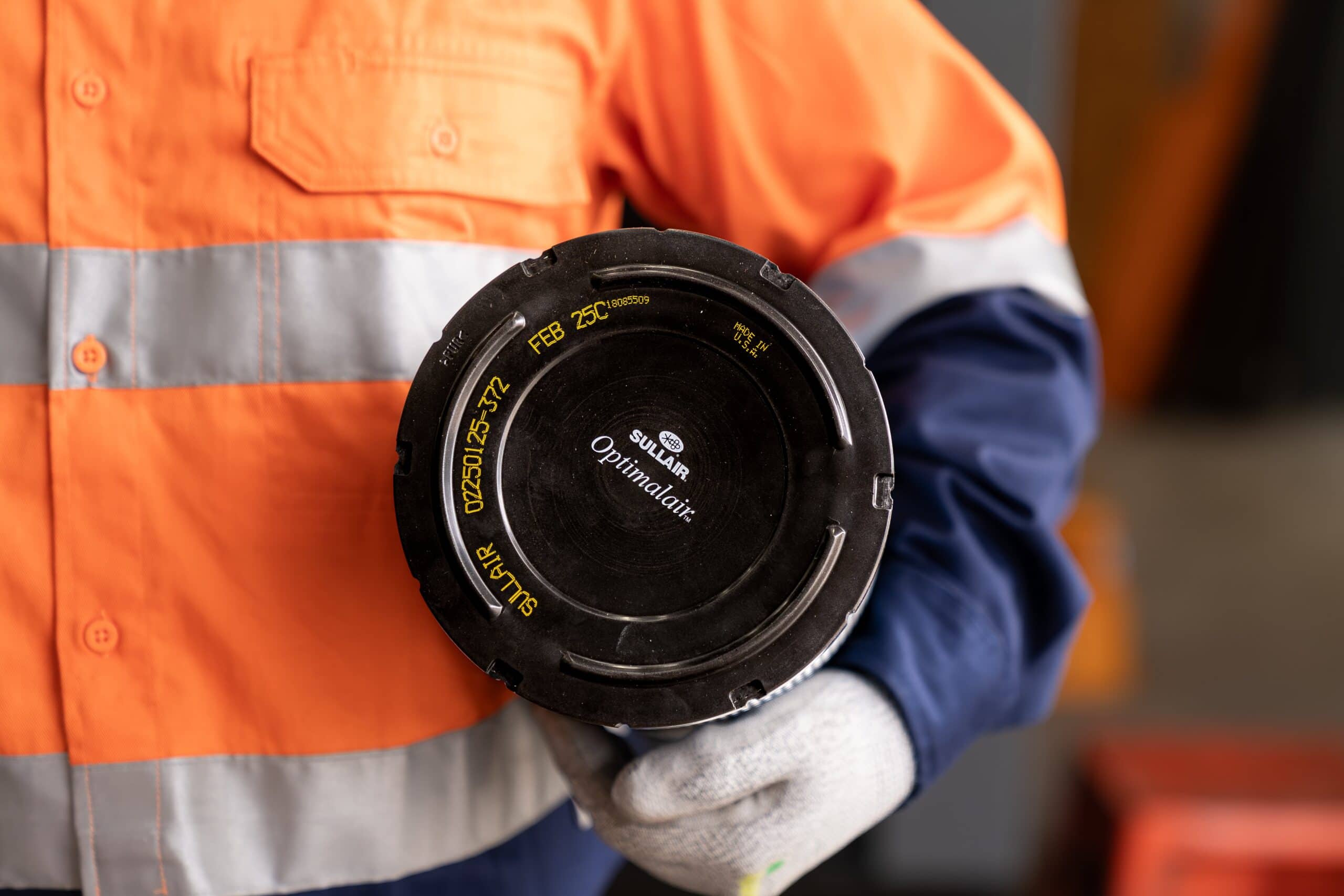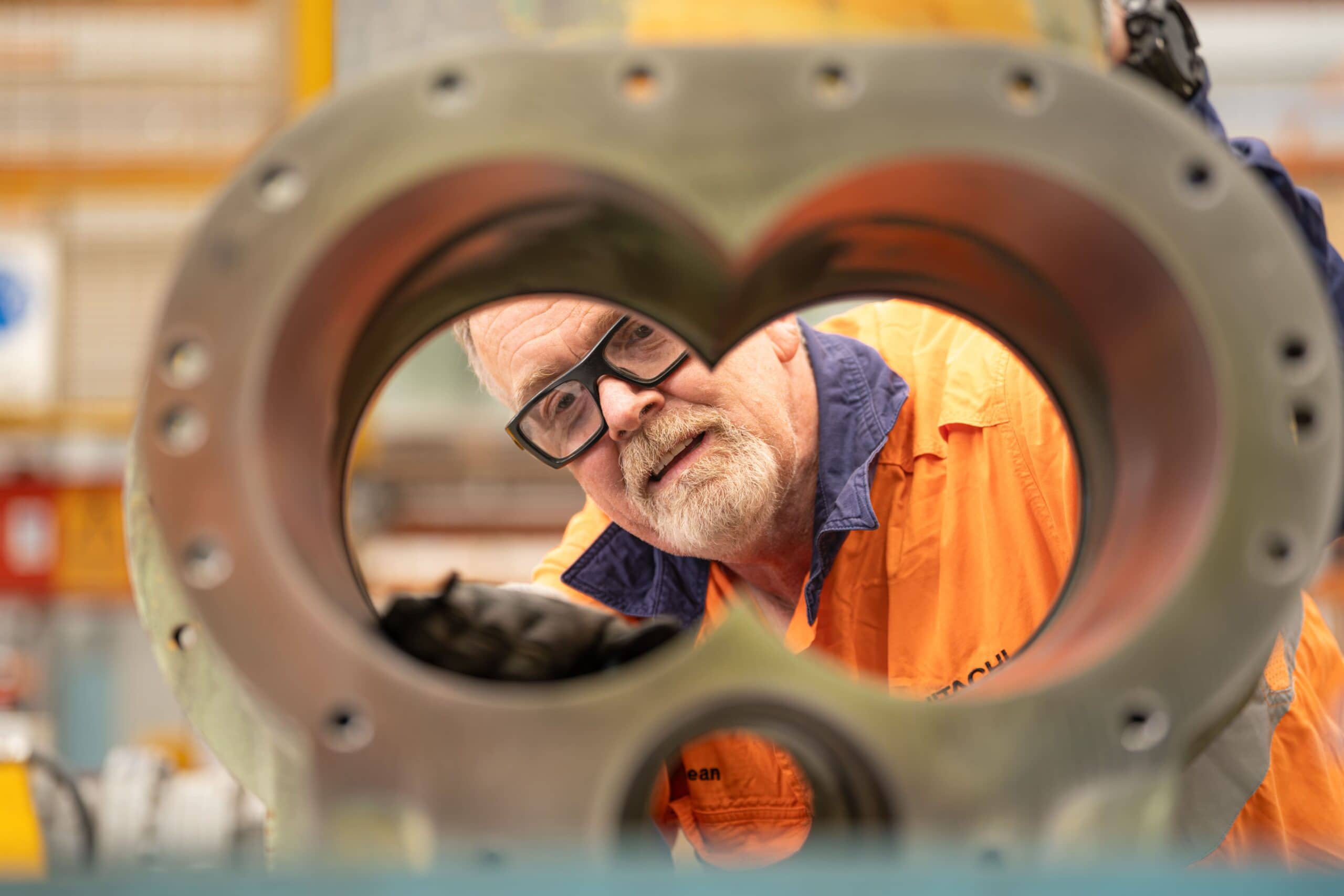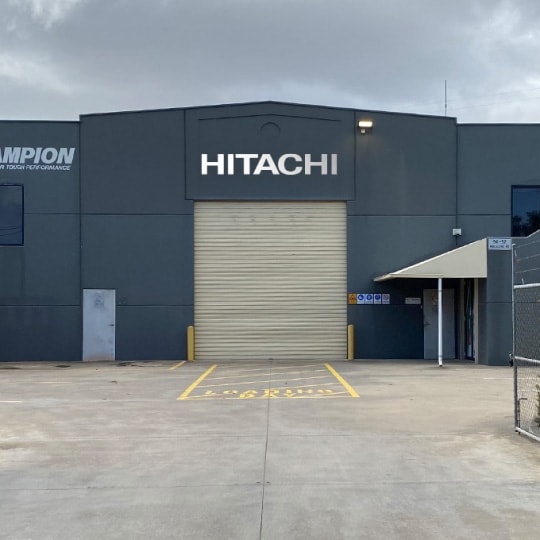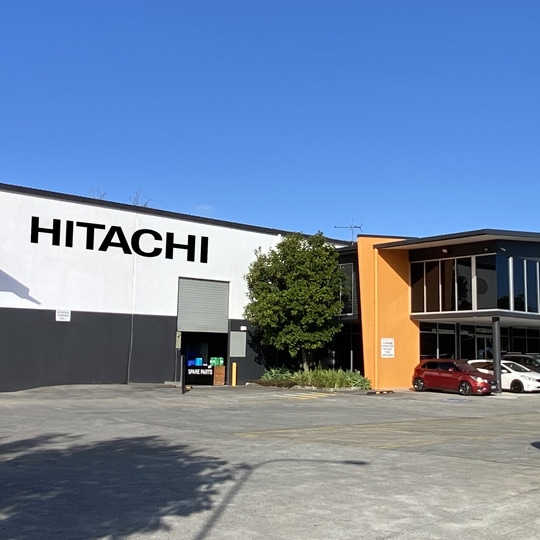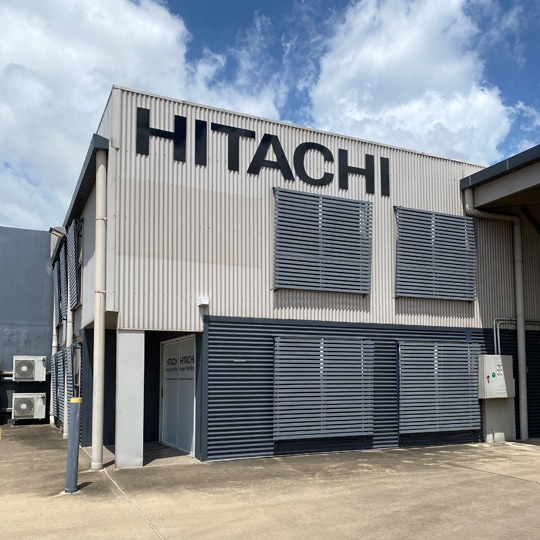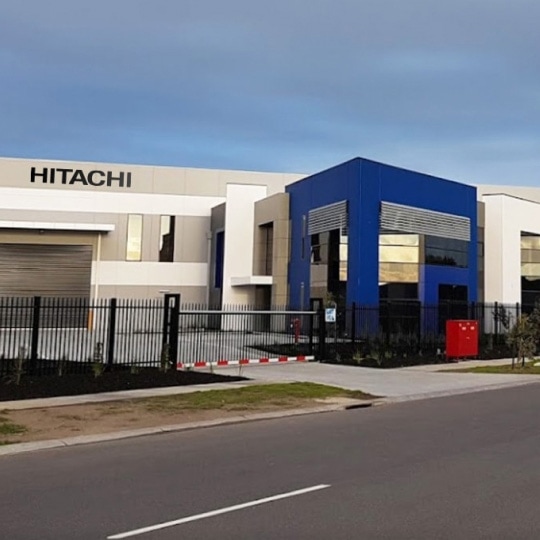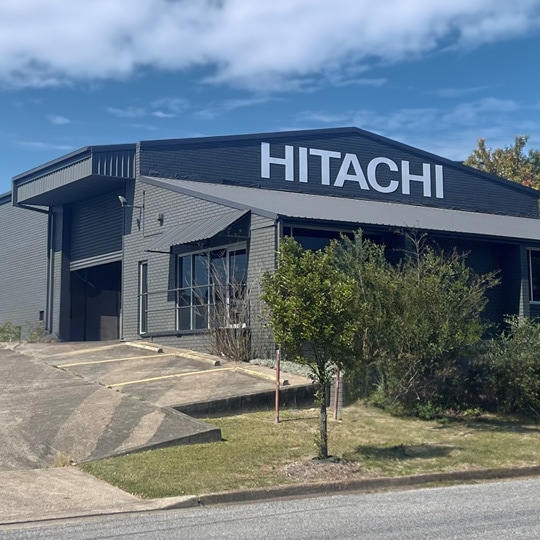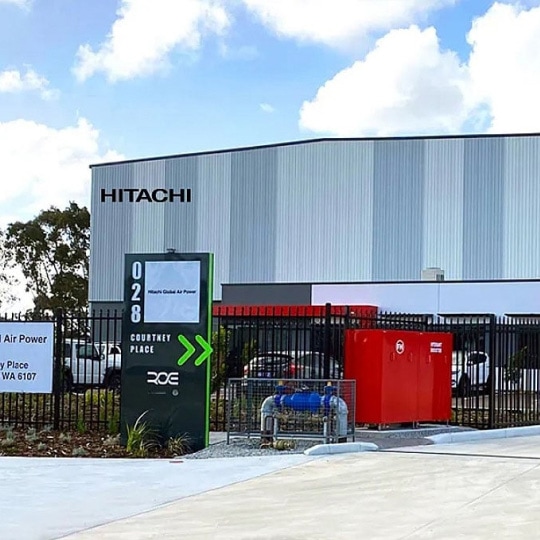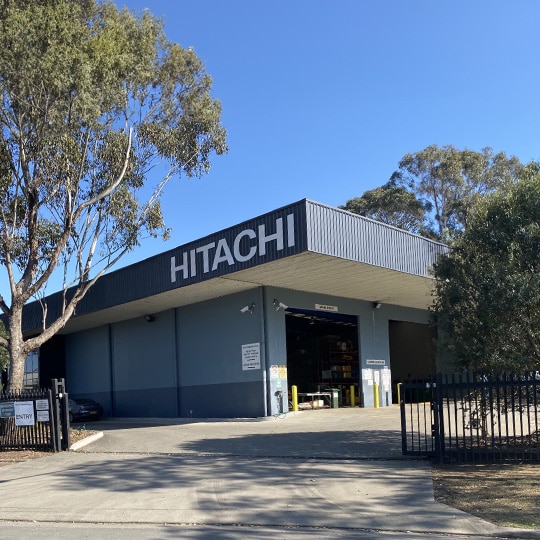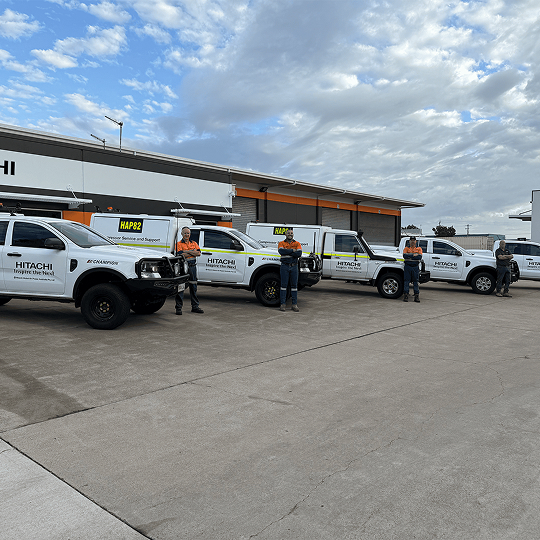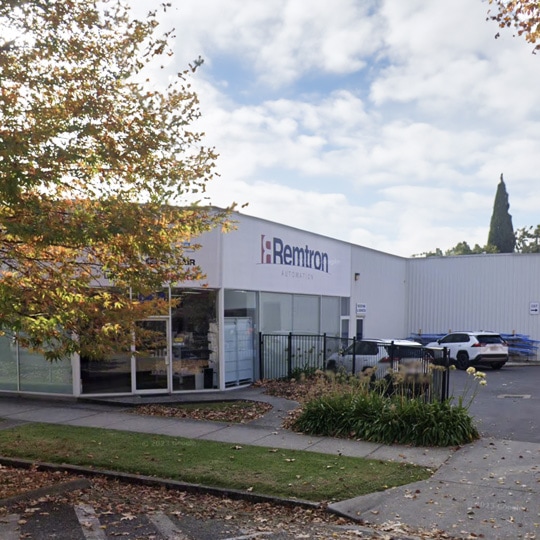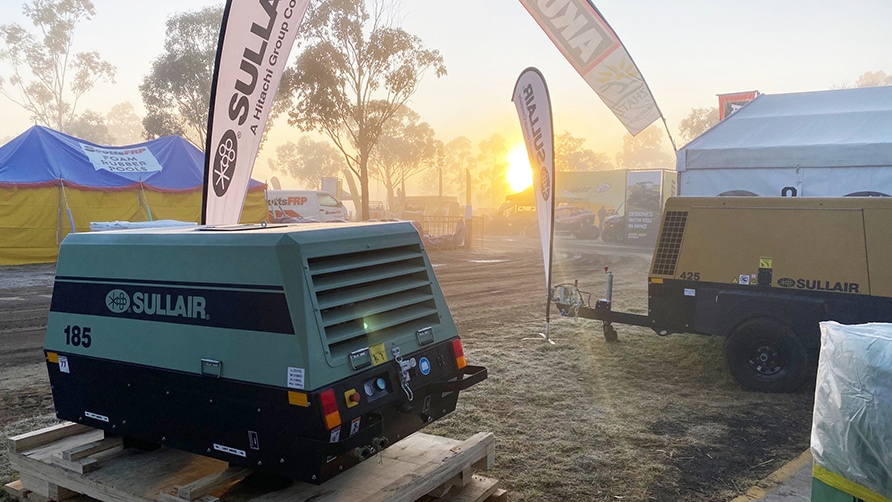
By Nav Sharma and Sullair Australia
With the cold harsh reality of winter already upon many of us, paying attention to your compressors and making sure they’re in their best condition becomes paramount.
The cold, wet days of winter can take their toll on equipment that isn’t properly maintained. Variables such as climate and operating conditions affect the routine maintenance schedules of portable air compressors, but even on our coldest days, Australia still experiences comparatively mild conditions. Winter however, shouldn’t be a reason to let ongoing preventative maintenance routines slip.
Maintenance should be conducted as per the manufacturer’s recommendations, but in addition to that, things like checking and topping up engine and compressor oil and fluid levels, filling the fuel tank and draining water from the fuel/water separator, checking dust collectors and cleaning if necessary, and checking and cleaning the coolers (if working in dirty environments) should be part of a daily maintenance routine.
In addition to these standard daily maintenance tasks, there are also some top line things that benefit from regular attention – especially in the colder months.
Ensure air lines are condensate-free
When portable air compressors are stored, and even at times while in operation, the control air lines and controls may collect moisture and freeze, making them in-operable. Ensure the air lines remain protected from the elements (such as a draft of cold air that will freeze the condensate collected) so they remain condensate-free or store the compressor in above-freezing temperatures when not in use so if there is condensate, it won’t freeze.
Properly maintain your battery
Some machine models may need a higher Cold Cranking Amperage (CCA) battery to allow for higher power while starting in cold weather. In addition to heating the engine oil, keeping a battery warmer helps maintain rated CCA battery power.
Keep solar panels clear
While your air compressors are unused or in storage, be sure to keep the solar panel clear of frost, if equipped, to charge the battery. When frost builds up, you won’t get enough sunlight to charge the battery, as solar panels are typically on the roof of the compressor.
Sullair compressors go through rigorous testing before being shipped to customers, and extreme temperature testing is part of this. A great quality, well maintained compressor should run smoothly all year round.
To find out more, talk to our service and repairs team here.

